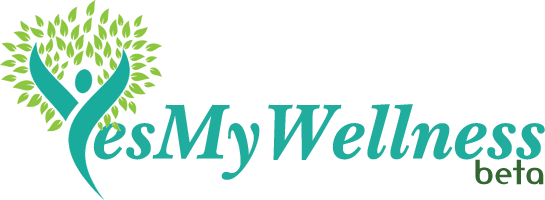Healthy Eating – A Beginner’s Guide
Healthy Eating – A Beginner’s Guide
Share
Eating healthily is all about consuming the right amount of food for your energy needs. Today, sadly, the majority of adults are either overweight or obese.
This means that many of us are eating more than we need, as well as eating too much of the wrong foods.
However, we can correct our current unhealthy diet and it’s all pretty basic actually – read on.
BALANCE IS VITAL
When it comes to a healthy diet, balance is the key to success. This means eating a wide variety of foods in the right proportions, and consuming the right amount of food and drink to achieve and maintain a healthy body weight.
THE FIVE BEST FOODS TO INCLUDE IN YOUR DIET
1. Fish
Fish supplies high-quality protein that is low in saturated fat and cholesterol. Oily fish, such as mackerel, salmon and tuna, are full of health-giving omega-3 fatty acids. So eat two portions of fresh fish a week, including at least one of oily fish.
2. Legumes
Legumes are the richest source of vegetable protein. They’re low in fat and kilojoules, a good source of iron for vegetarians, and packed with fibre, especially soluble fibre.
3. Fruits
All types of fruits good is for you and it’s much better to eat fruits whole, rather than as processed juices. Some fruits, including blueberries, kiwis and strawberries, are particularly rich in anti-oxidants and fibre.
4. Oats
Oprovide a high-tibre, high-protein source of magnesium and selenium. Studies have tound that people who eat rolled oats regularly keep a stable weight and a healthy cholesterol level.
5. Sweet Potatoes
Sweet potatoes contain beta-carotene, which produces the anti-oxidant vitamin A. They’re also rich in vitamin C and B6, and are packed with fibre.
EAT PLENTY OF PROTEIN
Meat, fish, eggs and legumes are all good sources of protein – essential for growth and repair of the body. This food group should account for slightly less than one sixth of our total consumption.
Besides, meat is also a good source of minerals such as iron, zinc and B vitamins.
Fish supplies an abundance of protein, as well as containing many vitamins and minerals.
For vegetarians, pulses (including legumes, nuts and seeds) are alternative source of good protein.
FRUIT AND VEGETABLES ARE YOUR BEST FRIENDS
Fruit and vegetables are a vital source of vitamins and minerals, and should make up another one third of all the food we consume.
There is strong evidence that people who eat at least seven portions of fruit and vegetables a day are at low risk of heart disease, stroke and some cancers.
CUT BACK ON FATS AND SUGAR
Fats and sugar both provide energy tor the body, but when we eat too much of them we consume more energy than we burn, leading to weight gain and obesity, which increases the risk of diabetes, certain cancers, heart disease and stroke.
YOU NEED STARCH
Starchy foods such as bread, cereals, potatoes, rice and pasta are a good source of energy and the main source of a range of nutrients in our diet.
Wholegrain starchy foods act as fuel for our bodies and should make up around one third of everything we eat in the course of a week.
CALCIUM IS IMPORTANT
Milk and dairy foods such as cheese and yogurt are good sources of protein and they also contain calcium, which helps to keep bones healthy.
They should make up slightly less than one sixth of our total intake. To enjoy the health benefits of dairy foods without eating too much fat, use low-fat milk, reduced-fat hard cheeses or cottage cheese, and low-fat or no-fat yogurt.
NOT ALL FATS ARE UNHEALTHY
You need take notice of the crucial difference between saturated fats and unsaturated fats.
Saturated fats found in cheese, sausages, butter, cakes, biscuits and pies- can raise your blood cholesterol level and increase the risk of heart disease.
Unsaturated fats, on the other hand, can help to lower cholesterol and provide the essential fatty acids needed tor good health.
You Might also Like



















